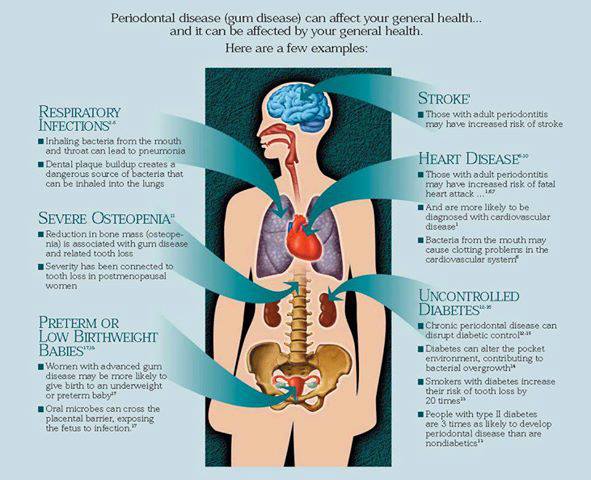Periodontal Dentist
Serving Waltham, Belmont, Watertown, Newton, and Cambridge MA
A periodontal dentist will check for and discover if you have some degree of periodontal disease. Unhealthy gums are a red flag, warning of future tooth loss and the potential for stroke and heart disease. Most people think they have healthy teeth and practice good dental hygiene, but most American adults show signs of serious gum disease. Gum disease, not tooth decay, is the reason most people lose their teeth. The best way to keep your teeth and gums healthy and attractive is regular preventive care, including visits to your dentist at least every six months.
Symptoms of Periodontal Disease
- Red or swollen gums
- Tender or bleeding gums
- Receding gums
- Painful chewing
- Sensitive teeth
- Loose teeth
- Bad breath that will not go away
Although these symptoms can alert you to a problem, periodontal disease can go on for years without pain and be undetectable without the right examination. Gum disease can also lead to a combination of health issues.
 Gum Disease Diagnosis
Gum Disease Diagnosis
That is why seeing a periodontal dentist, like Dr Ray Hanna, is so important for your oral health. A visual oral examination by itself, even by a dentist, will not reliably detect periodontal disease until it has reached an advanced stage. Early detection and adequate diagnosis require a comprehensive periodontal exam. This includes measurement of pockets formed as gums detach from teeth. Effective prevention begins at home with proper dental care and is continued by your dentist.
At Watertown Dentistry, we will ask about your medical history to assess risk factors and identify underlying conditions that could contribute to gum disease. Our periodontal dentist will also examine your gums for any signs of inflammation before using a probe, which is like a tiny ruler, to check and measure any pockets around your teeth. In a healthy mouth pockets are typically between one and three millimeters. The test for pocket depth is usually painless.
Gum Disease Types and Treatments
Treatment depends on the severity of the infection. The mildest form of gum disease is gingivitis; it is reversible. Untreated gingivitis can progress to periodontitis. When plaque spreads below the gum line it causes many problems. Damage caused as the disease progresses is irreversible. Early detection and intervention is important.
Call us for more information (617) 600-3442
or
